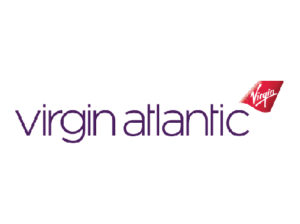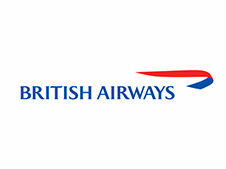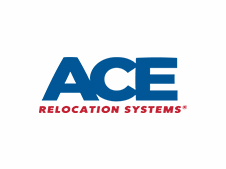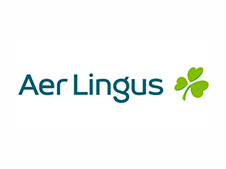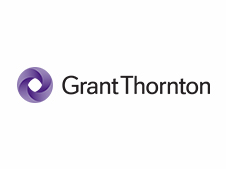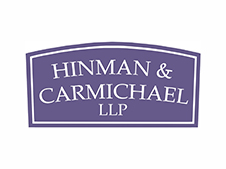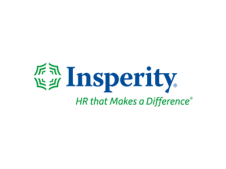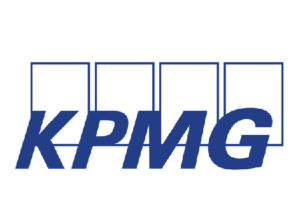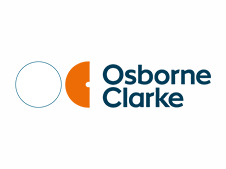UKTI Tax specialist John Lapthorne was in San Francisco in July as part of a whistle-stop tour of the West Coast to promote the UK’s competitive corporate tax offer.
The BABC Northern California Board of Directors were invited to a Breakfast Meeting to discuss the changes which are being brought in by the coalition government in the UK in order to make the country more competitive in terms of tax.
“I’ve been doing this job for five years – and for the first three years it was very tough to promote the UK tax offer to international companies, “Lapthorne began. “The situation was unsettled – investors would say they couldn’t commit to the UK with all the uncertainty caused by the changeable tax rate.
“With the change of government, the situation is now much more business friendly. The coalition moved quickly – in the first budget in November 2010 the Chancellor set out a Corporate Roadmap of the new tax policy – he promised businesses there would be no more surprises – that businesses would be involved in the decisions, that the government would try and take on board what businesses want. The aim was to create the most compelling tax regime in the G20.
“In the Roadmap, the Chancellor said: ‘Our tax system was an asset. And it needs to be an asset again.’ Now if you look at the graph comparing the UK’s corporate income tax rate to the rest of the G20 –we’ll be on 22% by 2014 – compared with 40% in Japan – we can now say we have a really comprehensive tax offer.”
He described the UK’s new corporate tax regime is a ‘comprehensive offer’ which includes:
- – Low corporate tax rates
- – A simplified CFC regime
- – Dividend exemption
- – No withholding taxes
- – Interest deductibility
- – Substantial shareholding exemptions
The competitive investment incentives on offer include:
- – R&D tax credits
- – Patent box
- – Fiscal incentives – grant funding
Lapthorne continued: “The new patent box offer is probably the most interesting for the United States. This will attract a 10% corporate tax rate to all profits which can be traced to IP patents registered in the UK and EU. US patents can’t go into the patent box. It’s more than just the ownership of the patent – it includes income from sales and production of patented products also.”
Research and Development tax credits are another important element of the UK’s tax offer. “Expenditure qualifies for this if it can be defined as advancing knowledge in science or technology,” explained Lapthorne. “The rate of tax relief for large organizations is effectively 130% of qualifying expenditure- which reduces the cost of doing R & D in the UK by 7%. For SMEs, the rate has increased to 225% – which effectively reduces the cost by 30%….
“The Regional Growth Fund is a fiscal initiative to encourage companies to locate in those areas away from London. In the most recent tranche of applications to 2.4 billion GBP fund, 1.4 billion has been allocated.”
Applications have now closed but there should be another round of funding available in future. Applications have to be for more than a million pounds and have to be to create highly qualified jobs.
The UK now boasts 469 European headquarters, compared with 89 in Germany and 44 in Ireland. In one striking example of the UK government’s commitment to attracting more global business, Lapthorne pointed out, “it’s not unusual for the Prime Minister himself to call an organization at a crucial point in the decision making process” to reinforce the message.
In summary, Lapthorne concluded that:
- – The UK Government is committed to having an internationally competitive business tax regime
- – It is delivering on its promises
- – Tax policy making is transparent
- – Business is engaged in the consultations
- – Treasury and HMRC teams pro-actively engage with investors
- – An HMRC administration based on Customer Relationship Managers allocated to individual companies with access to deep sectoral expertise
- – Providing certainty for financial planning.
The potential benefits for businesses in moving to the UK:
- – Operating from the leading FDI location in Europe
- – Access to market and skills
- – World class regulatory infrastructure, finance, legal, accounting and employment
- – A network of more than 100 Double Taxation Treaties
- – An internationally competitive tax regime
- – Access to on going Government support.


